Soon We’ll Cure Diseases With a Cell, Not a Pill | Siddhartha Mukherjee | TED Talks
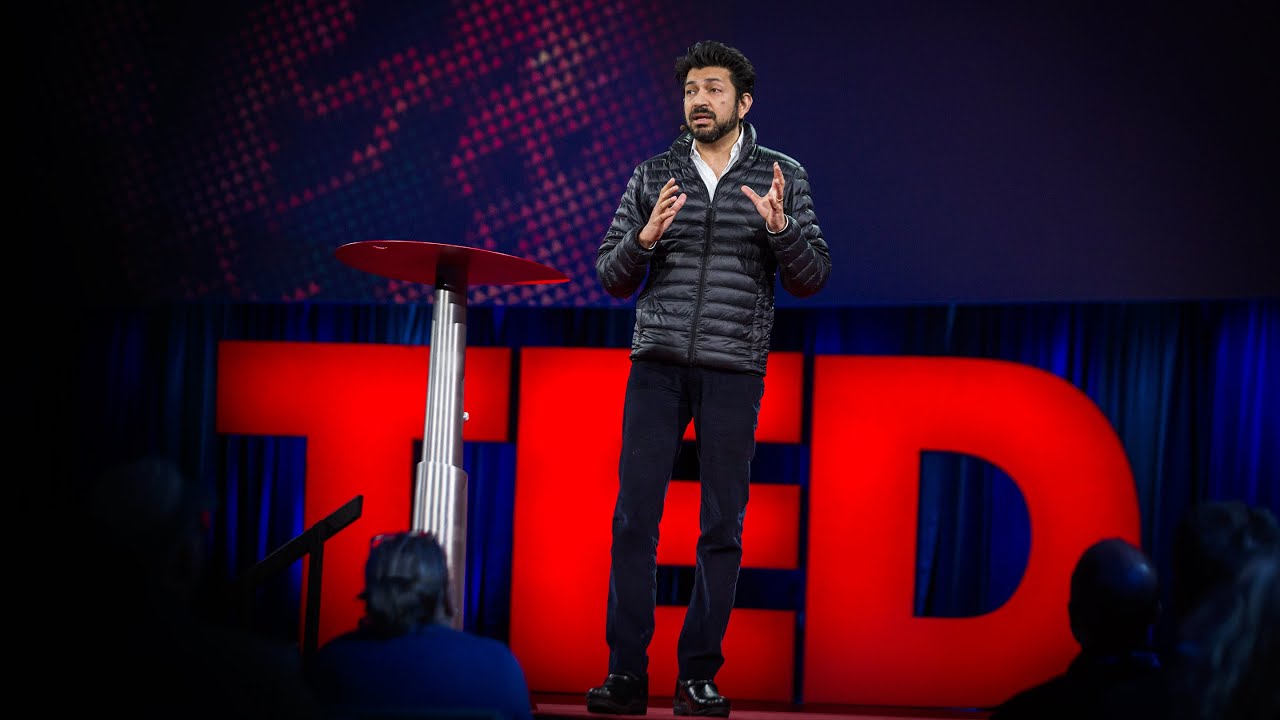
Current medical treatment boils down to six words: Have disease, take pill, kill something.
But physician Siddhartha Mukherjee points to a future of medicine that will transform the way we heal.
How can cell-based therapy be used to treat sickle cell anemia?
Recent advancements in scientific research and technology have provided us with a multitude of new tools for the treatment and prevention of disease. One of the most promising developments in this field is the ability to cure diseases with cells instead of pills. In his TED Talk, “Soon We’ll Cure Diseases With a Cell, Not a Pill”, Siddhartha Mukherjee discusses how this new approach to medicine could revolutionize the way we treat and prevent illness.
Mukherjee is a physician, scientist, and author of the Pulitzer Prize-winning book “The Emperor of All Maladies: A Biography of Cancer.” In his TED Talk, he explains how traditional medicine has relied on pills, often designed to treat only the symptoms of a disease, rather than the underlying cause. However, genetic research has shown that many diseases have genetic origins, and often, a cure can only be achieved by altering the genes themselves.
This is where cell-based treatments come in. Rather than simply treating the symptoms of a disease, the goal of cell-based therapy is to cure the disease by replacing or repairing the damaged cells or genes. For example, Mukherjee discusses how sickle cell anemia, a genetic disease that causes the body to produce abnormal red blood cells, could be treated with a type of gene therapy that replaces the faulty genes with healthy ones.
Mukherjee goes on to explain that cell-based treatments are already being used to treat certain types of cancer, such as leukemia. In these treatments, the patient’s own immune cells are genetically modified to target and destroy the cancer cells. This approach has shown great promise in clinical trials and has already been approved for use in some patients with advanced cancer.
Beyond cancer, cell-based therapy has the potential to treat a wide range of diseases, including autoimmune disorders, genetic diseases, and even infections like COVID-19. However, much more research is needed before these treatments can be widely used.
Despite the challenges, Mukherjee remains optimistic about the future of medicine. He believes that cell-based therapy will revolutionize the way we approach disease, moving us away from treating symptoms with pills and towards curing the underlying condition with cells.
In conclusion, Siddhartha Mukherjee’s TED Talk “Soon We’ll Cure Diseases With a Cell, Not a Pill” highlights a promising new approach to medicine that could change the way we treat and prevent disease. By focusing on cells rather than pills, we have the potential to cure diseases that were once thought untreatable. While there is still much work to be done, researchers and scientists are already making progress towards this goal, and the future of medicine looks brighter than ever.
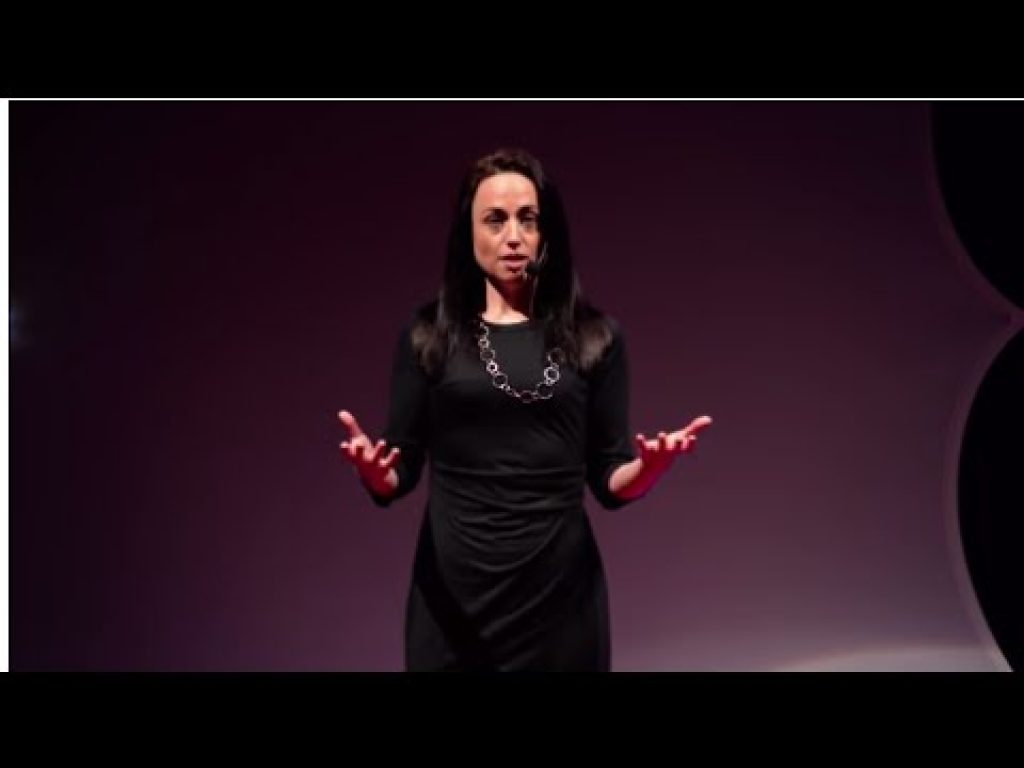
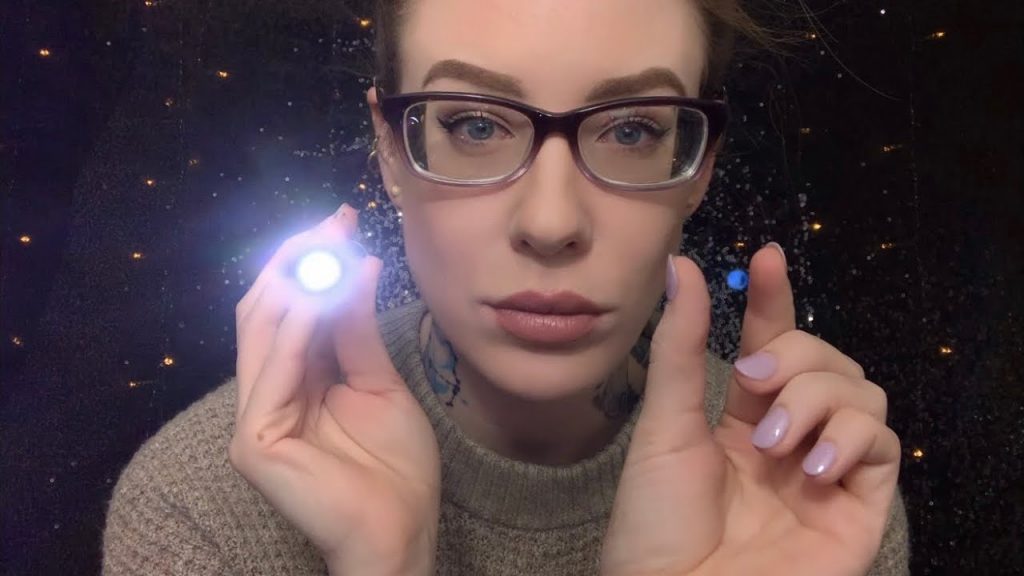


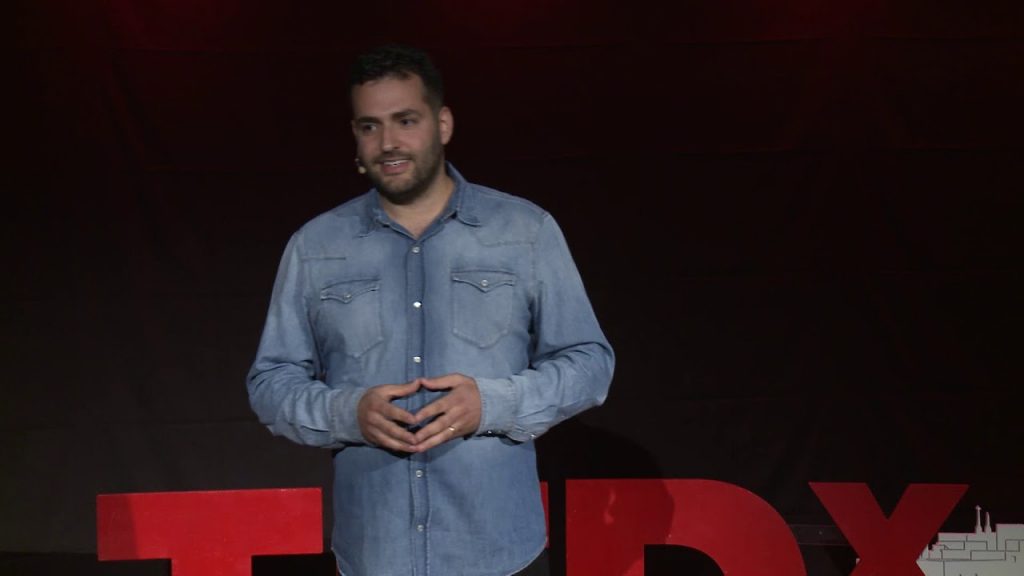

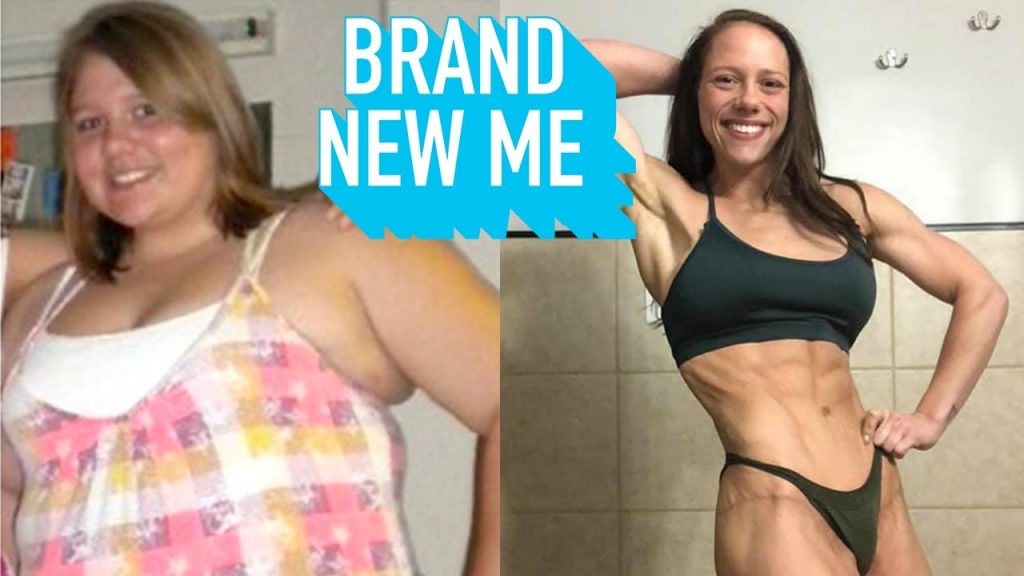


7 Wildly Successful People Who Struggle with Mental Health
Types of Acne
Full Leg Workout for Bigger Stronger Legs (LEG DAY WORKOUT!)
Billie Eilish On Mental Health & Friendship
THE BEST Healthy Food Prep!! Protein Granola, Healthy Carbs, Snacks & MORE!